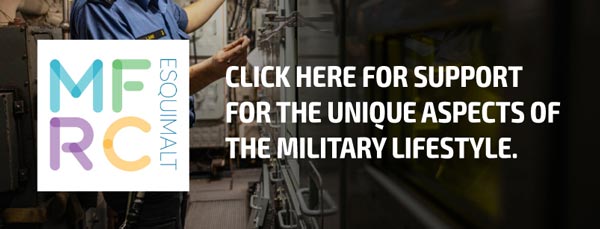
Working through lethargy in therapy
Thomas Goenczi
Lookout contributor
If we are honest with ourselves, we can admit to being defeated by lethargy on various occasions in our lives.
Lethargy works like quicksand; we don’t often realize we’re in it until we’ve begun to slowly sink into its impending depths. This psychological indolence when not intentionally attended to creates a negative unconscious pattern. Once it is formed it slips into other areas in our life, thus creating a habit. For example, we notice that we don’t have much motivation for our work, it’s lost its vibrancy for one reason or another, and our quality of work suffers. This sluggishness then begins to seep into being uninterested in our relationships, our parenting, and our self-care practices.
Lethargy is a multi-headed monster and can sink its teeth into us in a variety of ways. It can pull us down by persistently allowing the ‘easy-going’ side of our nature to dominate our lives – this easy-going nature could at times be an indication of the unwillingness to confront our fears to ‘take the trouble’, to pay the price demanded by a worthwhile undertaking.
It also seems that lethargy holds us down when we are mentally and emotionally taxed and, thus keeps us entangled in an existential fatigue. When this persists in our lives, we become fundamentally ambivalent about the world around us, which naturally gives birth to a pessimistic outlook on society as a whole.
Lethargy has a way of spreading into all life areas, and therefore it isn’t devoid of seeping into one’s therapeutic journey. This deeply rooted apathy is one of the main obstacles one faces on a regular basis in therapy, and we typically can see this throughout the individual’s therapeutic journey.
In the early stages, we can presume here that most individuals prior to coming to therapy are already mentally and emotionally in a deficit. When we are already in this state of being burned out psychologically lethargy compounds the effect; the motivation to pull oneself out of the belly of lethargy is no small feat and it does take a deliberate effort to do so. We somehow need to dig deep into the minimal remaining reserves we have just to even show up to therapy. This is an act of defiant will towards the status quo of lethargy that has been engendered in our lives.
Another manner in which lethargy manifests in therapy can occur at any point in the therapeutic process. The avoidance of confronting the fears that are the root of one’s struggles represents a weariness to take on something worth taking on. Letting our easy-going side begin to take control of the counselling experience is the best way to become uninterested in the work that one has embarked on. That constant propensity to do the “side missions” instead of going down the path of most resistance breeds indifference in the process and only delays the change needed in one’s life.
So how does one overcome this ominous threat to the betterment of ourselves:
Reflection – Ask yourself why are you feeling lethargic; is it due to feeling burned out? Is there a lack of curiosity about the topic? Is it easier to keep the status quo?
Move your body! We typically function by first either visualizing or thinking about an activity and then acting on it. However, sometimes it’s beneficial to do it in reverse and use our body in a way that precipitates positive thinking and emotion. Going into nature, expressing oneself with art, or competing in an activity all can stimulate motivation.
Discuss lethargy with your therapist – This helps offload the burden of guilt and shame that bubbles to the surface when one finds themselves battling boredom in life. It also opens the door to collaborating and developing ways to overcome it when it comes up again in life.
One of the best ways to disarm lethargy is through curiosity and wonderment. When we ask ourselves what our lassitude is doing to us and what it keeps us from doing, we invite ourselves to discover how lethargy plays a constant role in how we can better ourselves.
Thomas Goenczi is an RCN Veteran and MA Clinical Counsellor with Private Practice: Well Then Therapy.
The content is not intended to substitute professional advice, diagnosis, or treatment. Always seek the advice of your mental health professional or other qualified health provider with any questions regarding your condition.








